In the dynamic landscape of construction and transportation, the demand for reliable and efficient vehicles is paramount. Among these, tipper lorries stand out as essential machinery for various industries, particularly in Equatorial Guinea. This article delves into the intricacies of tipper lorry costs, their features, and the factors influencing their pricing in the Equatorial Guinean market.
Understanding Tipper Lorries
Tipper lorries, also known as dump trucks, are specialized vehicles designed to transport loose materials such as sand, gravel, and construction debris. Their unique design allows for the quick unloading of materials, making them indispensable in construction, mining, and agricultural sectors.
Key Features of Tipper Lorries
- Hydraulic System: The hydraulic mechanism enables the tipping action, allowing for efficient unloading.
- Payload Capacity: Tipper lorries come in various sizes, with payload capacities ranging from 3 to 30 tons, catering to different operational needs.
- Durability: Built to withstand harsh conditions, these vehicles are often constructed with robust materials to ensure longevity.
- Versatility: Suitable for various applications, from construction sites to agricultural fields, enhancing their utility.

Factors Influencing Tipper Lorry Costs
When considering the purchase of a tipper lorry in Equatorial Guinea, several factors come into play that can significantly affect the overall cost.
1. Type and Model
Different models of tipper lorries come with varying features and specifications. For instance, a standard 6×4 tipper lorry may cost less than a specialized 8×4 model designed for heavy-duty operations.
2. Payload Capacity
The payload capacity directly influences the cost. Higher capacity lorries typically command a premium due to their enhanced capabilities and the engineering required to support greater loads.

3. Brand Reputation
Reputable manufacturers like CarMax Vehicle often price their vehicles higher due to their established reliability and quality assurance. Investing in a well-known brand can lead to lower maintenance costs and better resale value.
4. New vs. Used
The decision to purchase a new or used tipper lorry can drastically affect costs. While new vehicles come with warranties and the latest technology, used lorries can offer significant savings, albeit with potential risks regarding maintenance history.
5. Customization Options
Many manufacturers offer customization options, allowing buyers to tailor vehicles to specific needs. While this can enhance functionality, it also adds to the overall cost.

6. Market Demand
The economic climate and demand for construction services in Equatorial Guinea can influence pricing. A booming construction sector may lead to higher prices due to increased demand for tipper lorries.
Average Costs of Tipper Lorries in Equatorial Guinea
To provide a clearer picture, here’s a breakdown of average costs for various types of tipper lorries available in Equatorial Guinea:
| Type of Tipper Lorry | Average Cost (USD) | Payload Capacity (Tons) |
|---|---|---|
| Standard 4×2 | $25,000 – $35,000 | 3 – 5 |
| Medium 6×4 | $40,000 – $60,000 | 10 – 15 |
| Heavy-Duty 8×4 | $70,000 – $100,000 | 20 – 30 |
These prices are indicative and can vary based on the factors discussed earlier.
Benefits of Investing in Tipper Lorries
Investing in a tipper lorry can yield numerous benefits for businesses in Equatorial Guinea:

1. Increased Efficiency
The ability to transport and unload materials quickly enhances operational efficiency, reducing downtime on construction sites.
2. Cost-Effectiveness
Owning a tipper lorry can be more cost-effective in the long run compared to renting, especially for businesses with consistent transportation needs.
3. Versatile Applications
From construction to agriculture, the versatility of tipper lorries allows businesses to expand their service offerings.

4. Enhanced Safety
Modern tipper lorries come equipped with safety features that protect both the driver and the load, minimizing the risk of accidents.
Choosing the Right Tipper Lorry
Selecting the appropriate tipper lorry involves careful consideration of several factors:
1. Assess Your Needs
Evaluate the types of materials you will be transporting and the typical load sizes. This assessment will guide you in choosing the right payload capacity.

2. Consider Terrain
The geographical conditions of Equatorial Guinea can vary. Ensure that the chosen lorry is suitable for the terrain it will operate in, whether urban or rural.
3. Evaluate Maintenance and Support
Choose a manufacturer that offers robust after-sales support and maintenance services. This can significantly reduce downtime and repair costs.
4. Budgeting
Establish a clear budget that includes not only the purchase price but also ongoing maintenance, insurance, and operational costs.

Financing Options for Tipper Lorries
For many businesses, the upfront cost of purchasing a tipper lorry can be substantial. Here are some financing options to consider:
1. Bank Loans
Traditional bank loans can provide the necessary capital for purchasing a tipper lorry, often with competitive interest rates.
2. Leasing
Leasing options allow businesses to use a tipper lorry without the full upfront cost, making it easier to manage cash flow.

3. Manufacturer Financing
Some manufacturers, including CarMax Vehicle, offer financing plans that can make purchasing a new lorry more accessible.
Conclusion
The market for tipper lorries in Equatorial Guinea is vibrant and full of opportunities for businesses looking to enhance their operational capabilities. By understanding the costs, benefits, and factors influencing pricing, companies can make informed decisions that align with their needs and budget. Investing in a quality tipper lorry not only boosts efficiency but also positions businesses for growth in a competitive landscape.
FAQs

What is the average lifespan of a tipper lorry?
The average lifespan of a tipper lorry can range from 10 to 15 years, depending on maintenance and usage.
Are there financing options available for purchasing a tipper lorry?
Yes, various financing options are available, including bank loans, leasing, and manufacturer financing.
How do I maintain a tipper lorry?
Regular maintenance includes checking the hydraulic system, inspecting tires, and ensuring the engine is in good condition.

What are the common uses for tipper lorries?
Tipper lorries are commonly used in construction, mining, and agriculture for transporting loose materials.


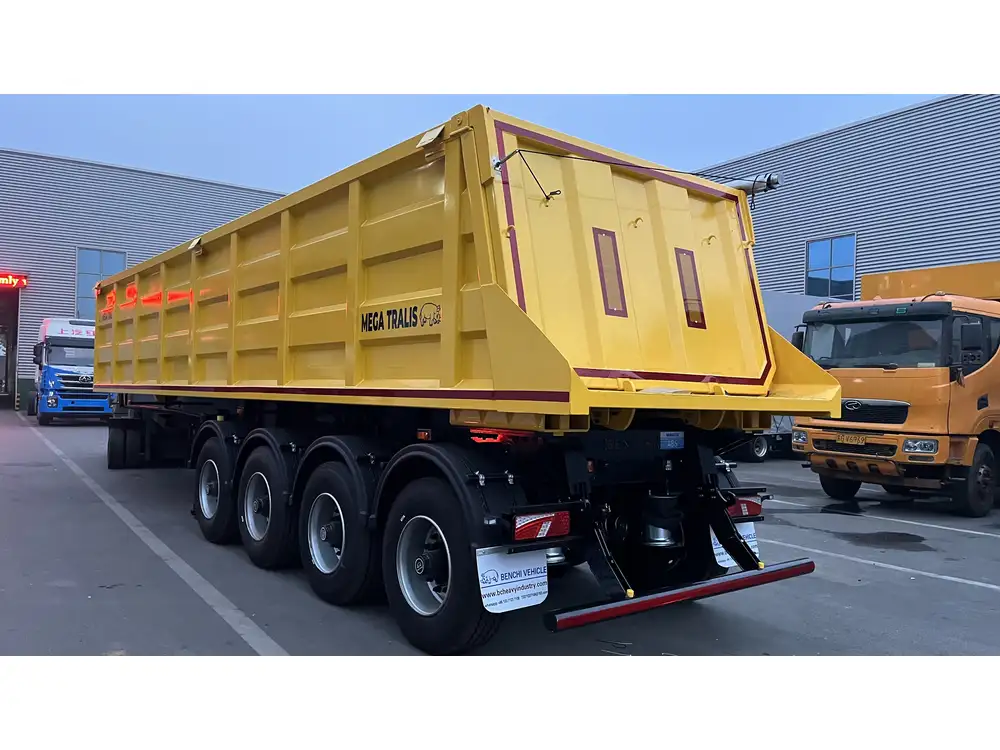
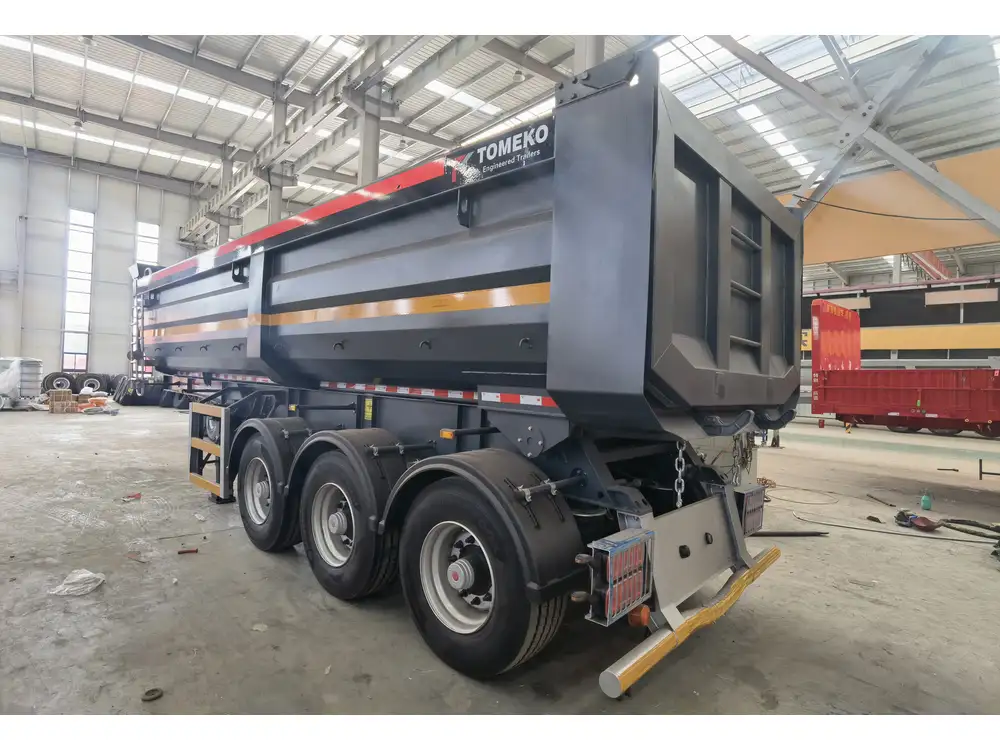
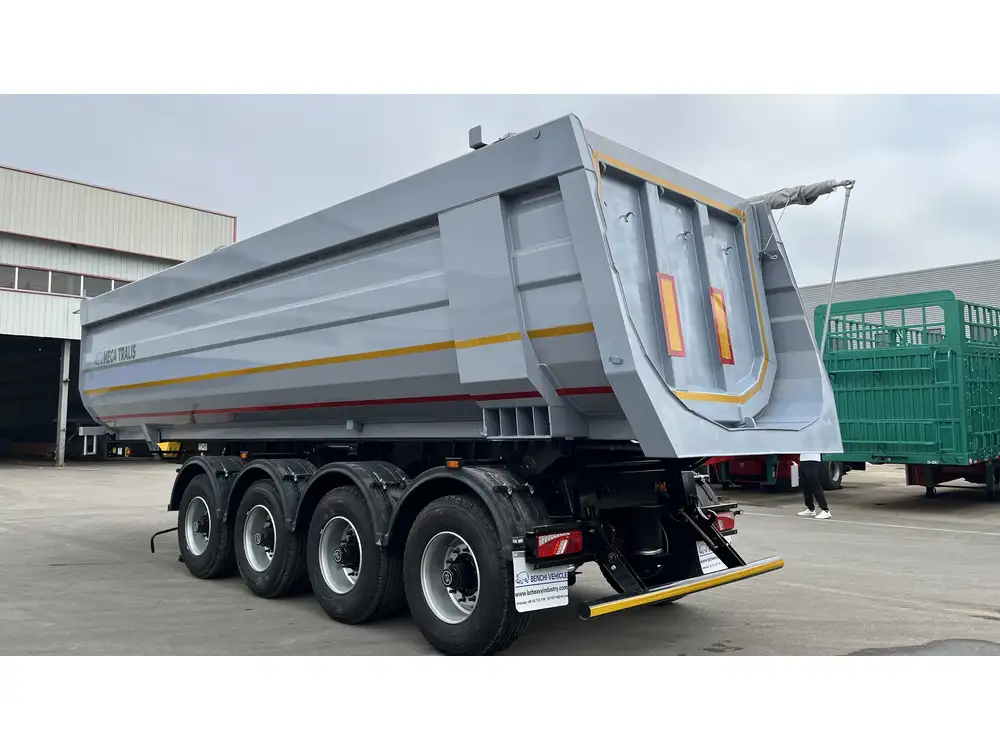
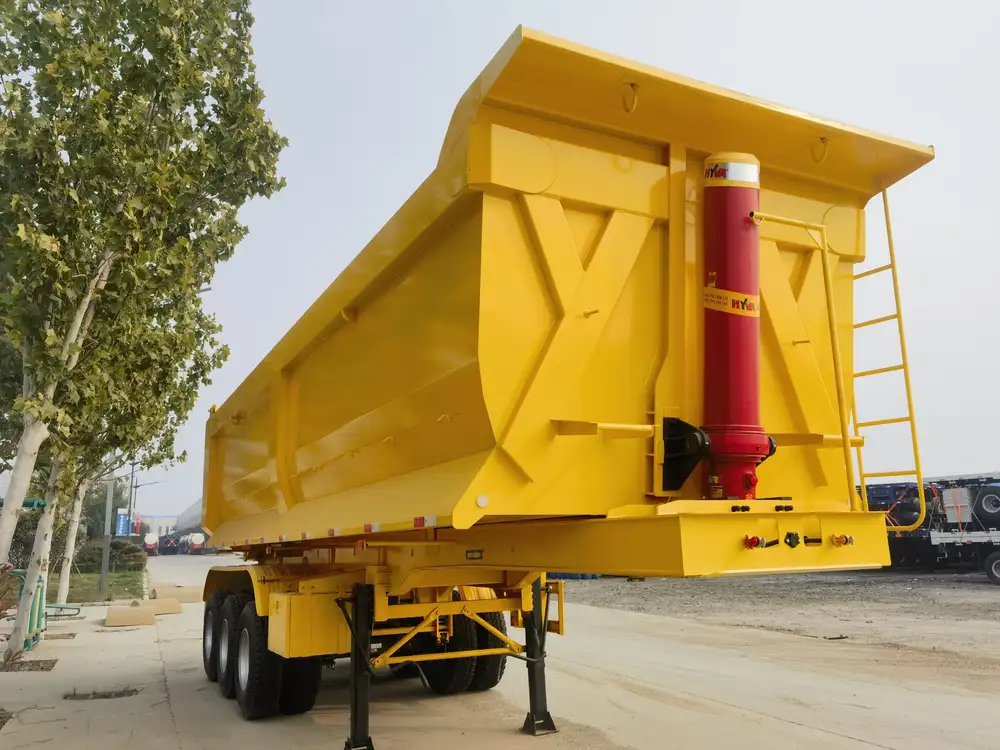
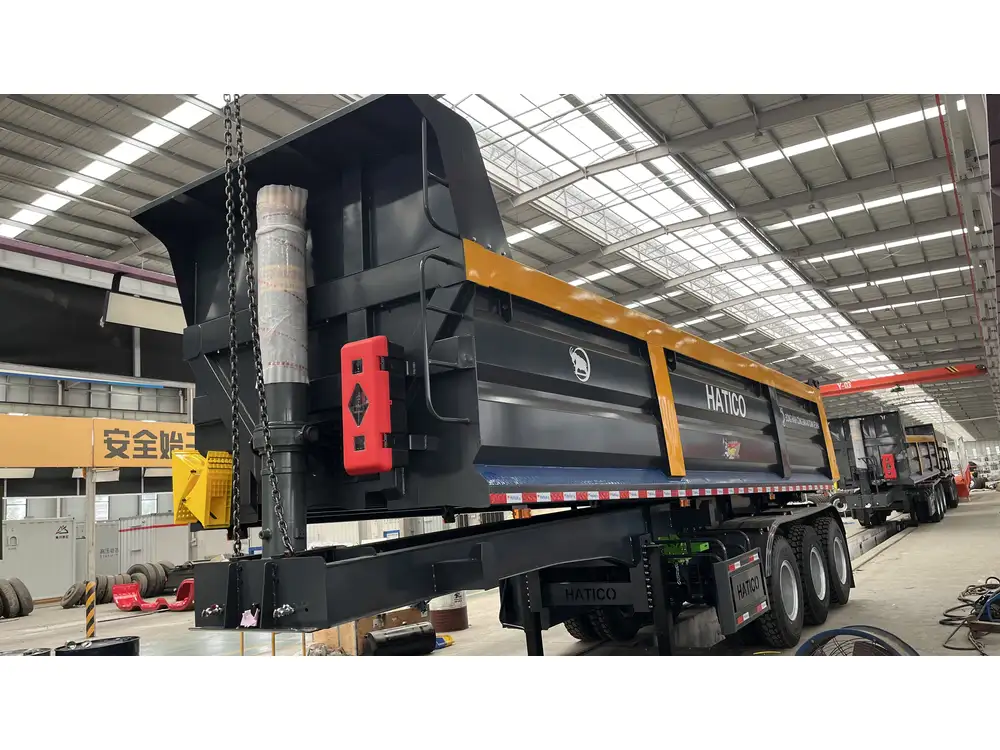
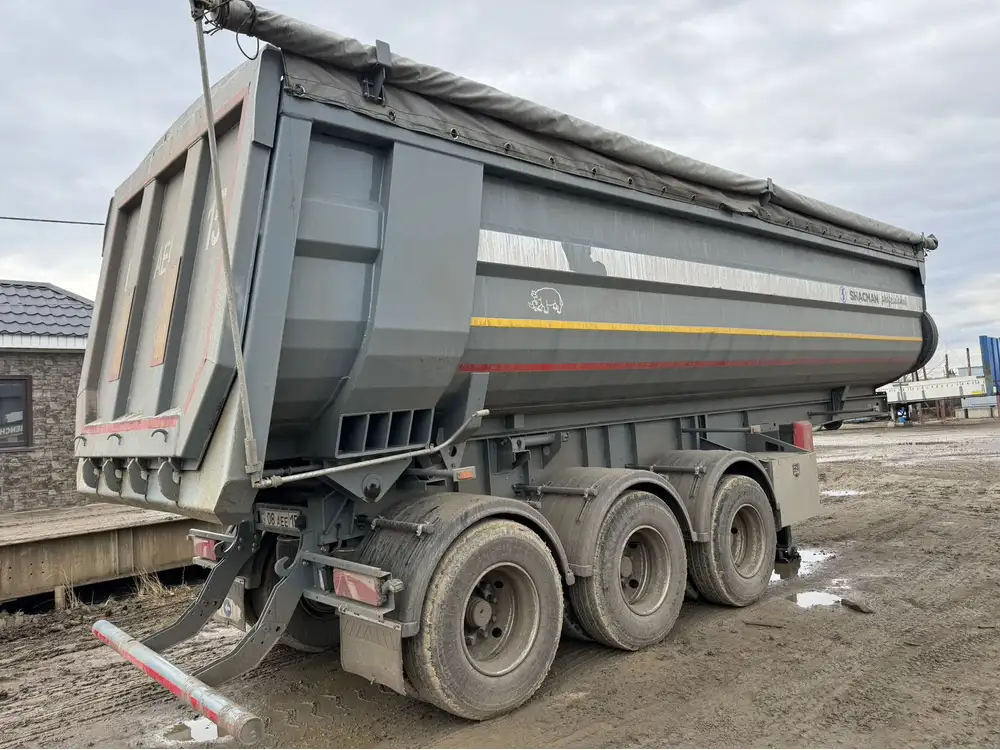
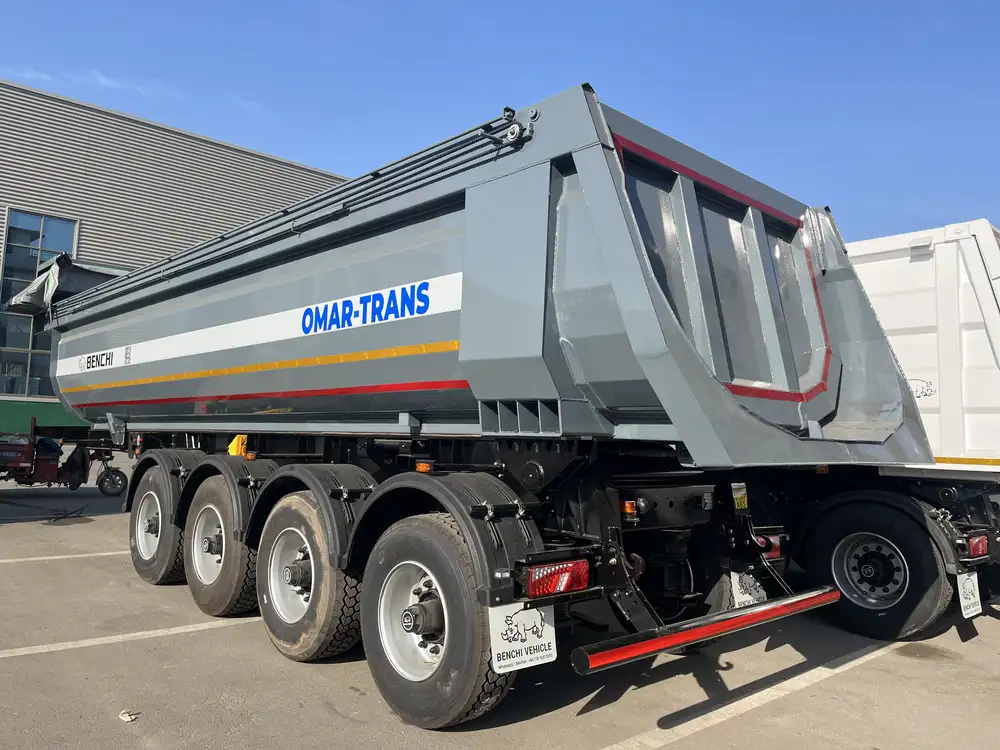




Reviews
There are no reviews yet.